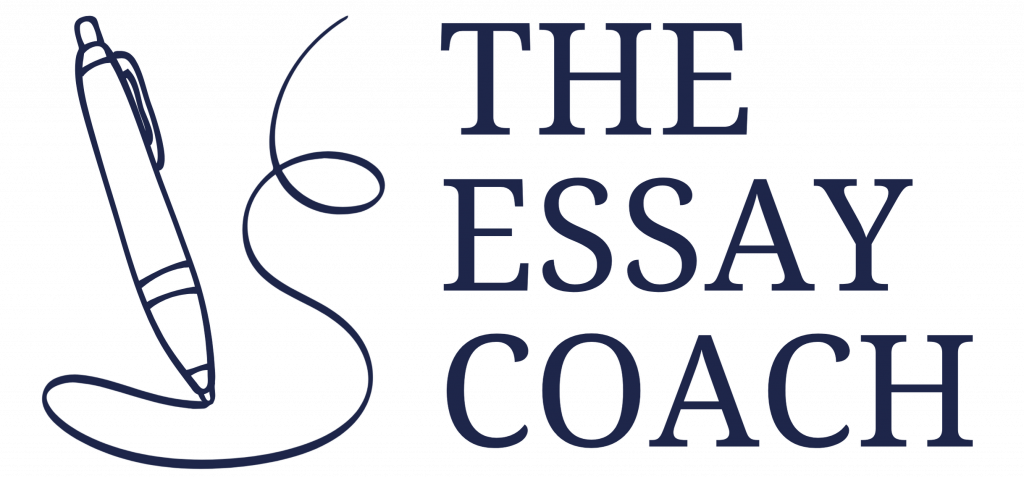The Most Common GCSE English Mistakes and How to Avoid Them
GCSE English is one of the most important qualifications for students in the UK. However, many students lose marks unnecessarily due to avoidable mistakes. Whether you’re preparing for the English Language or English Literature exam, being aware of these common errors can help you maximise your marks. In this blog post, we’ll highlight the most frequent GCSE English mistakes and provide practical tips on how to avoid them.

1. Misunderstanding the Question
One of the most common mistakes students make is misinterpreting the question. This often leads to irrelevant answers that don’t address the assessment objectives.
How to avoid it:
- Carefully read the question at least twice before planning your answer.
- Highlight key words and phrases to ensure you fully understand what is being asked.
- If the question includes command words such as ‘analyse’, ‘evaluate’, or ‘compare’, make sure your response matches the requirement.
2. Poor Time Management
Many students run out of time before they can complete their answers, particularly in the GCSE English Language exam.
How to avoid it:
- Practise timed exam questions to develop your ability to work within the allocated time.
- Divide your time effectively between questions – for example, in an exam with a 90-minute duration, ensure you allocate sufficient time for planning, writing, and reviewing your answers.
- Don’t spend too long on a single question at the expense of others.
3. Weak Structure and Lack of Planning
A well-structured response is essential for achieving high marks. Many students begin writing without a clear plan, resulting in a disorganised and unfocused response.
How to avoid it:
- Spend at least five minutes planning your answer before you start writing.
- Use clear paragraphing with a logical structure.
- For essays, use a clear introduction, well-developed body paragraphs, and a concise conclusion.
4. Limited Use of Evidence
In both English Language and Literature, failing to provide relevant textual evidence can result in lower marks.
How to avoid it:
- Always support your points with well-selected quotations.
- Make sure the evidence you use is relevant and supports your argument.
- Embed quotations smoothly into your analysis rather than simply dropping them in.
5. Weak Analysis
Simply identifying literary devices or features is not enough – you must explain their effect and significance.
How to avoid it:
- Follow the PEE (Point, Evidence, Explanation) or PEEL (Point, Evidence, Explanation, Link) structure.
- Always explain how a technique contributes to the meaning or impact of the text.
- Avoid vague analysis – be specific about the writer’s intentions and how the audience or reader is affected.
6. Spelling, Punctuation, and Grammar Errors
SPaG (Spelling, Punctuation, and Grammar) is assessed in GCSE English, and frequent mistakes can reduce your marks.
How to avoid it:
- Proofread your work to catch errors before submitting.
- Learn common spelling mistakes and grammatical rules.
- Use varied sentence structures and punctuation correctly to enhance clarity and sophistication.
7. Ignoring the Mark Scheme and Assessment Objectives
Each question in the GCSE English exam is marked according to specific assessment objectives. Failing to meet these can lead to missed marks.
How to avoid it:
- Familiarise yourself with the mark schemes for each type of question.
- Ensure that your response addresses the required assessment objectives.
- Practise past paper questions and review examiner reports to understand what examiners are looking for.
8. Over-Reliance on Memorised Answers
While it’s important to revise key themes and quotations, writing a pre-prepared essay without adapting it to the question can result in a weak response.
How to avoid it:
- Develop a flexible understanding of texts rather than memorising entire essays.
- Practise applying your knowledge to different exam questions.
- Focus on understanding the text’s key themes, techniques, and contexts.
9. Failing to Compare Texts Effectively (English Literature)
For comparative questions, many students describe each text separately rather than drawing meaningful comparisons.
How to avoid it:
- Use comparative language such as ‘similarly’, ‘in contrast’, or ‘on the other hand’.
- Ensure you balance your discussion between the texts rather than focusing too much on one.
- Highlight both similarities and differences clearly.
10. Lack of Confidence in Creative Writing
Many students struggle with creative writing tasks in the English Language exam because they lack confidence in their own ideas.
How to avoid it:
- Read widely to develop your vocabulary and style.
- Practise different types of writing (descriptive, narrative, persuasive) to build confidence.
- Plan your creative writing responses to ensure coherence and structure.
Final Thoughts
Avoiding these common mistakes can significantly boost your performance in GCSE English. The key to success is preparation, practice, and a clear understanding of what examiners are looking for. If you’re looking for expert guidance and personalised support, Excellence in English offers high-quality tuition to help students achieve their full potential. Contact us today to learn more about our tailored tutoring services!
For more helpful insights, check out our other blog posts, such as Top Tips for Acing GCSE English Language and How to Analyse Poetry Effectively.
Additionally, for official exam specifications and mark schemes, visit AQA’s GCSE English Resources.
By focusing on these areas and practising regularly, you’ll be well on your way to achieving top marks in your GCSE English exams. Good luck!


Leave a Reply